Column: Extinction Past, Present and Future
Photo credit: Abigale Lischak
Sapiens: A Brief History of Humankind is a non-fiction book that details the human existence in an easily digestible way. While it’s not a book about environmental activism, learning about the history of the Homo Sapien species is an eye-opening experience, and one I believe should be a fundamental aspect of education.
First, second and third-wave feminism. By 10th grade, every Archer girl knows these terms. What about first, second and third wave extinction? Most of us, including me (until two days ago), do not know what these terms mean. According to “Sapiens: A Brief History of Humankind” by Yuval Noah Harari, these three waves were the three major times in history in which humans caused species’ extinctions.
From the beginning of human life, humans have caused the world around them to change and diminish. First wave extinction was a phenomenon that occurred as humans moved around the planet and began inhabiting new areas. Each time our ancestors inhabited a new landmass, large populations of animals became extinct within a matter of years. There are three possible explanations:
— Humans killed these large animals over a few thousand years, enabled by the animal’s slow reproduction rates.
— Human use of fire agriculture changed the surrounding ecology.
— A mixture of the two caused the extinctions.
The second wave of extinction? The agricultural revolution. While this period enabled humans to stay in one location and laid the foundation for our society today, it destroyed habitats and killed many animal species. From the time of the cognitive revolution to the agricultural revolution, 100 out of the 200 genera of land mammals over 100 pounds became extinct.
So what’s the third wave extinction? We’re living it. Industrialization, a major cause of climate change, has acidified oceans and destroyed aquatic habitats. For the third time, now including aquatic life, humans are destroying the lives of animals, plants and the planet. This time, aquatic animals are among the most affected. Entire food chains and ecosystems have been disrupted.
Considering the degree of extinction Homo sapiens have caused, our environmental imprint appears to be entirely negative. The first two extinctions seem more natural, but this final stage is polluting and destroying the world in an unprecedented way. Can the human legacy on Earth be anything more than destruction?
Human destruction goes beyond the impacts of our developed systems like capitalism and transportation infrastructures. Issues that appear natural can often have direct or indirect human causes. According to BBC News, about 90% of the fires in Australia were started by humans as an act of arson or by accident.
Humans need to fight the destruction of the Earth with intention and a change of mindset. We are the most dangerous animal on the planet, yet we fear the world around us. How can we reduce the third wave of extinction’s severity? Each action we take has an impact on the world — be conscious of it. When you buy a plastic water bottle, it may break down into microplastic that contaminates the ocean waters and eventually kills fish and sea turtles. Each time we leave trash outside or eat meat produced by the unethical and unsustainable agricultural industry, we are acting out of privilege. Many of us live in climate controlled buildings, buy food at supermarkets and move when weather threatens our lives. Animals live in the open, hunt and gather their own food in their immediate environment and cannot travel 3,000 miles within a matter of hours.
Humans are an exceptional species, but we have the capacity to create unprecedented environmental degradation. Knowing our past, including all the extinctions our existence has caused, allows us to choose a different future.

Abigale Liscak joined the Oracle in 2019 as a columnist writing about sustainability. She has worked as Copy Editor for the Yearbook since 2019. In school,...





![Freshman Milan Earl and sophomore Lucy Kaplan sit with their grandparents at Archer’s annual Grandparents and Special Friends Day Friday, March 15. The event took place over three 75-minute sessions. “[I hope my grandparents] gain an understanding about what I do, Kaplan said, because I know they ask a lot of questions and can sort of see what I do in school and what the experience is like to be here.](https://archeroracle.org/wp-content/uploads/2024/03/grandparents-day-option-2-1200x800.jpg)













































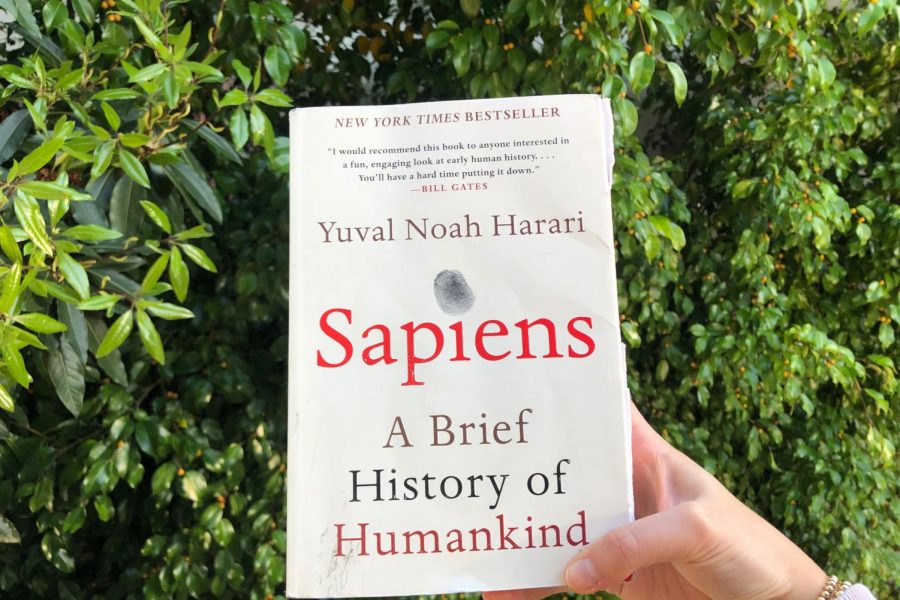

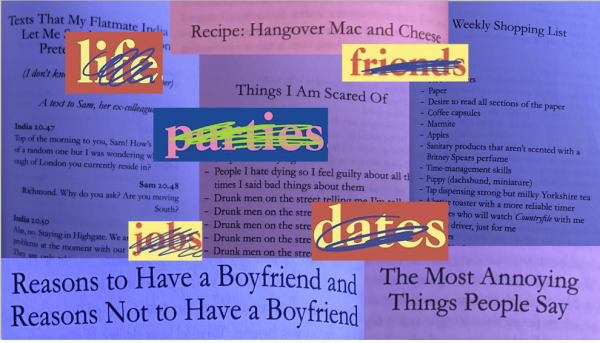

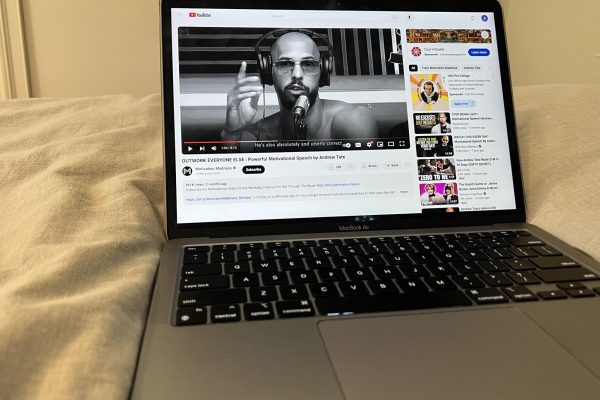
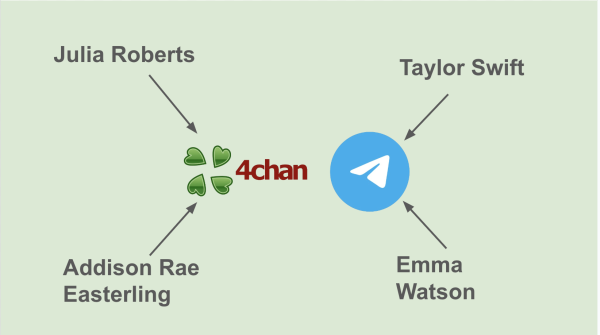


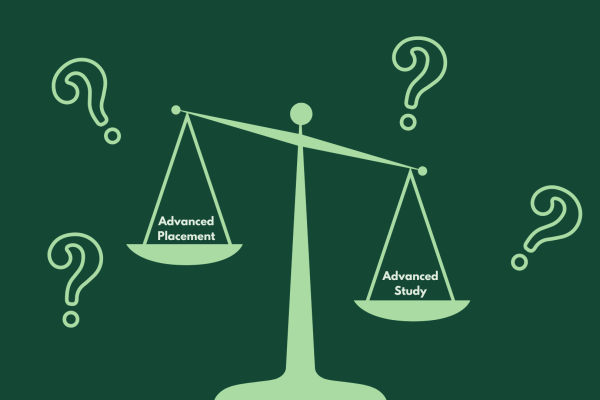

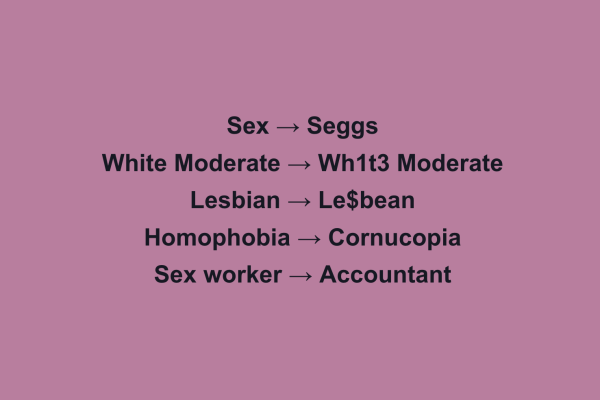

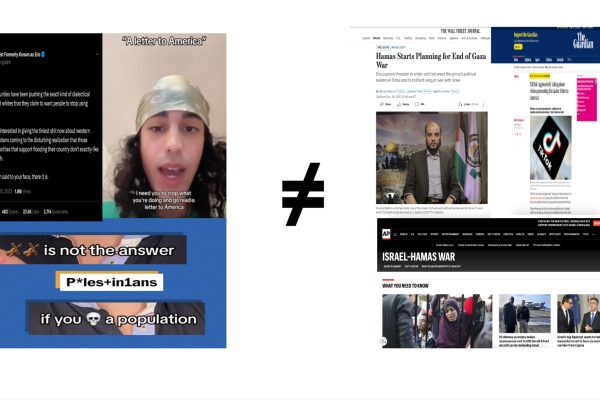
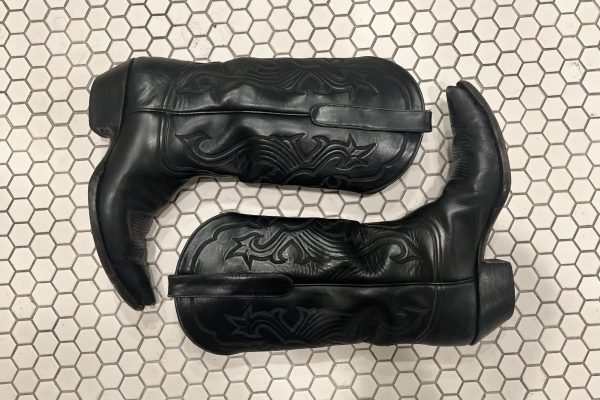
Beth Gold • Feb 3, 2020 at 7:45 am
I love how you keep connecting your life experiences to sustainability and human created climate issues Abigale. I really enjoyed this book and thought it gave so much perspective to human’s impact on the earth. We will explore and contrast some of his ideas with Jared Diamond in a few weeks in AP Geo!